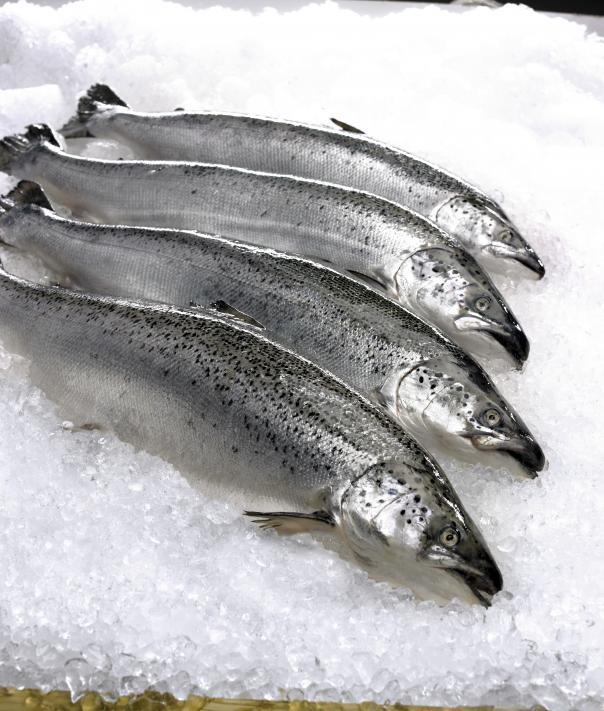
Adopting this type of diet would be especially helpful for low and middle income countries, where these fish are cheap and plentiful, and where the toll taken by heart disease, in particular, is high, say the researchers.
Evidence links red and processed meat consumption with heightened risks of non-communicable disease, which accounted for around 70% of all deaths globally in 2019, explain the researchers. Examples of non-communicable diseases include coronary heart disease, diabetes and bowel cancer.
Marine forage fish are rich in omega-3 long-chain polyunsaturated fatty acids (DHA and EPA), the intake of which may prevent coronary heart disease, as well as being abundant in calcium and vitamin B12. They also have the lowest carbon footprint of any animal food source, note the researchers.
The researchers created four different scenarios, each representing a different pattern of forage fish allocation globally, using data for projected red meat consumption in 2050 for 137 countries and historical data on the forage fish catch from marine habitats.
Their analysis shows that if widely adopted for direct human consumption forage fish would potentially provide substantial public health benefits, particularly in terms of reducing the occurrence of coronary heart disease, say the researchers.
Globally, this approach could prevent half a million to 750,000 deaths from diet related disease in 2050—and deaths from coronary heart disease in particular—and it could avert eight to 15 million years of life lived with a disability, most of which are concentrated in low and middle income countries.
Other strategies, such as climate change impact menu labels on food items, and consumer education on the high nutritional value and lower chemical levels in forage fish, could also help promote the switch away from red meat to forage fish, they suggest.